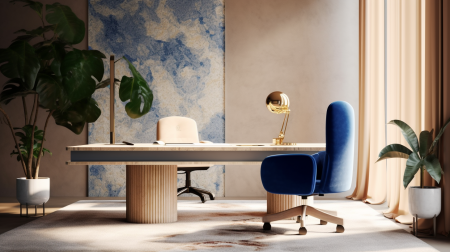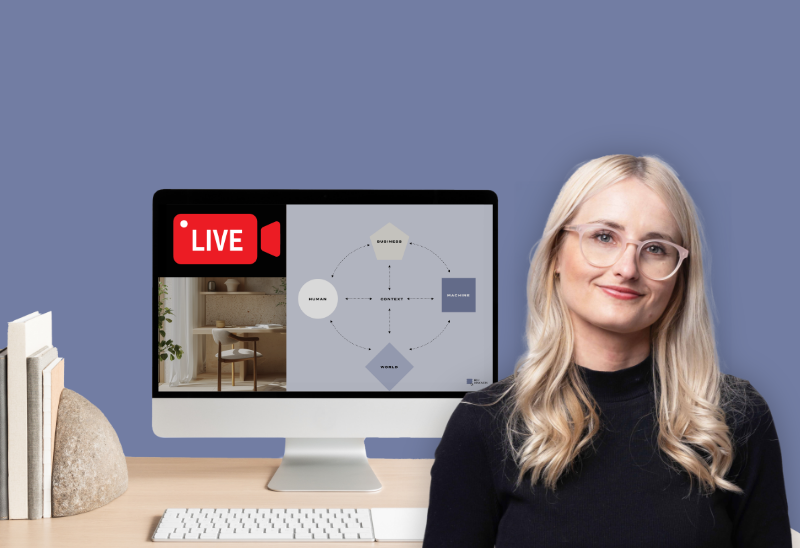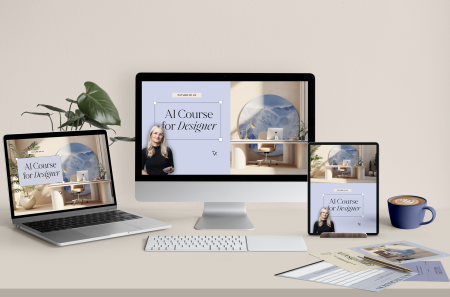As a freelance UX designer, you’re likely to come into contact with new clients from time to time. It’s important to have a process in place for onboarding these clients and ensuring that the project goes as smoothly as possible.
The first step is to make initial contact. This can be done in a variety of ways, such as through email, social media, or even a phone call. Once you’ve made contact, it’s important to find out as much as possible about the client and their project.
At this stage already 70% of the project are not pursued further. Because I already see that it’s not a good fit or I am seeing some red flags:
- Clients already sends me a detailed brief with what kind o wireframes they need
- The client wants to start tomorrow – feeling some kind of stress and negative urgency
- Timelines don’t work for me because of other projects
- The price range is not realistic
- a lot of spelling errors
- or topic or project is not aligned with my skills or interests
I write an Email and let the cline know that I am not available and might recommend someone else.
This is where the discovery call comes in. I like to let the potential client choose a timeframe through Calendly and big a call with me.
During the discovery call (30min), you’ll want to ask a range of questions to get a clear understanding of the client’s needs and what they’re hoping to achieve. You’ll also want to discuss the budget and timeline for the project. This is your opportunity to sell yourself and your services, so be sure to highlight your strengths and explain how you can help the client achieve their goals.
Once you’ve established what the client wants and what you can offer, it’s time to put together a proposal. Your proposal should outline your plans for the project and detail how you’ll meet the client’s needs. It should also include a budget and timeline for completion.
If the client is happy with your proposal, the next step is usually the strategy workshop. During this workshop, you’ll work with the client to create a detailed plan for the project. This will include specific goals, tasks, and deadlines. It’s important to make sure both parties are on the same page before starting work on the project.
Some topics I always talk about in this meeting
- I want to find out what user research has already been done
- responsibilities, a stakeholder in the project
- how to communicate
- desired outcome and how they expect from my work
Once the strategy workshop is complete, it’s time to get started on the work. Throughout the project, be sure to keep the client updated on your progress and always solicit feedback so that you can make any necessary adjustments.
When the project is finished, it’s time for the final steps: delivery and follow-up. Be sure to send over all of the files and documentation related to the project, and follow up with the client several weeks later to make sure they’re happy with everything you’ve done. If there are any issues or concerns, address them immediately so that they don’t cause any problems down the road.



